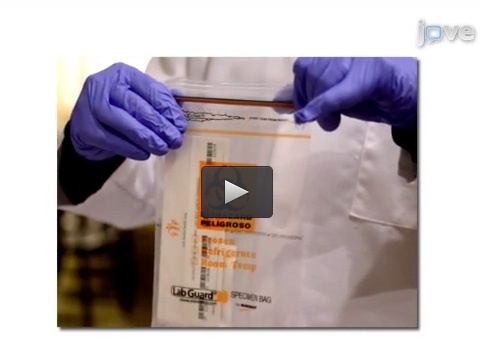Lippold MA, Davis KD, Lawson KM, McHale SM.
Day-to-day Consistency in Positive Parent–Child Interactions and Youth Well-Being. Journal of Child and Family Studies. 2016 :1–9.
Publisher's VersionAbstractThe frequency of positive parent–child interactions is associated with youth adjustment. Yet, little is known about daily parent–child interactions and how day-to-day consistency in positive parent–child interactions may be linked to youth well-being. Using a daily diary approach, this study added to this literature to investigate whether and how day-to-day consistency in positive parent–child interactions was linked to youth depressive symptoms, risky behavior, and physical health. Participants were youth whose parents were employed in the IT division of a Fortune 500 company (Nþinspace}=þinspace}129, youth's mean ageþinspace}=þinspace}13.39, 55þinspace}% female), who participated in an 8þinspace}day daily diary study. Analyses revealed that, controlling for cross-day mean levels of positive parent–child interactions, older (but not younger) adolescents who experienced more consistency in positive interactions with parents had fewer depressive and physical health symptoms (e.g., colds, flu). The discussion focuses on the utility of daily diary methods for assessing the correlates of consistency in parenting, possible processes underlying these associations, and intervention implications.
Lippold MA, Davis KD, McHale SM, Buxton OM, Almeida DM.
Daily Stressor Reactivity During Adolescence: The Buffering Role of Parental Warmth. Health Psychology. 2016.
Publisher's VersionAbstract
Objective: This study examined youth stressor reactivity in the form of links between daily stressors and adolescents’ negative affect, physical health symptoms, and cortisol patterns. We also tested whether youth gender and parental warmth moderated these linkages. Method: Participants were the children of employees in the information technology division of a large company (N = 132, mean age = 13.39 years, 55% female). Youth completed daily diary telephone interviews on 8 consecutive evenings and provided saliva samples at 4 time points over 4 days to assess daily stressors and youth physiological and affective functioning. Parental warmth was assessed during in-home interviews. Multilevel modeling was used to account for interdependencies in the data. Results: Youth who experienced more daily stressors, on average, reported more negative affect and physical health symptoms, on average. Furthermore, on days youth reported more stressors than usual (compared to their own across-day average), they also exhibited more physical health symptoms, reduced evening cortisol decline (e.g., flatter slopes), higher bedtime cortisol, and more negative affect. Girls had stronger within-person linkages between daily stressors and daily negative affect than boys. Parental warmth moderated these within-person linkages: Youth who experienced more parental warmth had lower negative affect and steeper cortisol decline than usual on less stressful days. However, youth who experienced less parental warmth had higher negative affect and their cortisol levels declined less, even on days with lower-than-usual stress. Conclusions: Daily stressors are associated with youth’s affective and physiological functioning, but parental warmth can support youth’s stress recovery. (PsycINFO Database Record (c) 2016 APA, all rights reserved)
Lippold MA, Davis KD, McHale SM, Almeida DM.
Daily parental knowledge of youth activities is linked to youth physical symptoms and HPA functioning. Journal of Family Psychology. 2016;30 (2) :245-253.
Publisher's VersionAbstractConsiderable evidence documents linkages between parental knowledge of youth activities and youth risky behavior. We extended this research to determine whether parental knowledge was associated with youth physical health, including reports of physical symptoms (e.g., headaches, stomachaches) and a biomarker of hypothalamic pituitary adrenocortical (HPA) axis functioning (i.e., salivary cortisol levels). Participants were children of employees in the Information Technology division of a Fortune 500 company (N = 132, mean age youth = 13.39 years, 55% female) who participated in a daily diary study. Data were collected via telephone calls on 8 consecutive evenings. On 4 study days, cortisol samples were collected at 4 time points (waking, 30 min after waking, before dinner, bedtime). Multilevel models revealed that, at the between-person level, youth whose parents had higher average knowledge about their activities, exhibited lower bedtime cortisol levels. Furthermore, at the within-person level, on days when parents displayed more knowledge than usual (relative to their own 8-day average), youth had lower before-dinner cortisol than usual. Linkages between average parental knowledge and physical health symptoms were moderated by youth age: Younger but not older adolescents whose parents were more knowledgeable had fewer physical health symptoms, on average. A next step is to identify the processes that underlie these associations. (PsycINFO Database Record (c) 2016 APA, all rights reserved)

